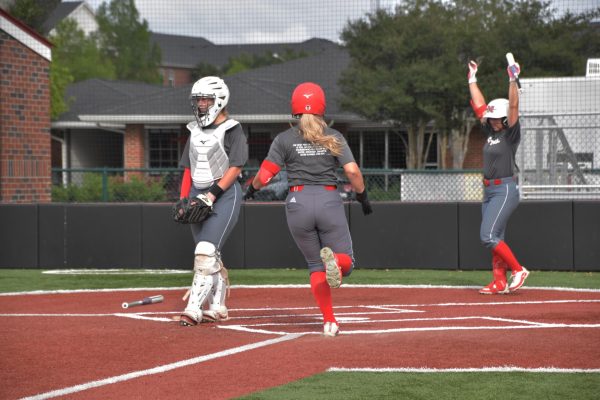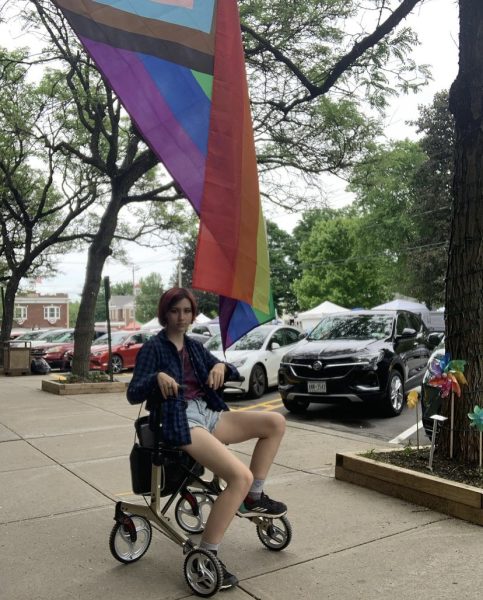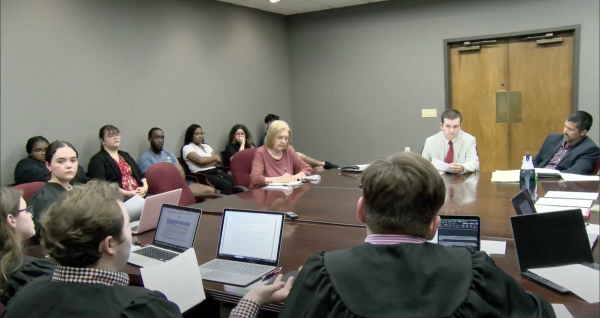Nicholls nursing graduates performing better than peers
Sue Westbrook, the dean of the College of Nursing and Allied Health, credits Nicholls nursing in making a “stellar program,” whose graduates have a higher pass rate than the state average for first time writers on the National Council Licensure Exam for Registered Nurses in 2014.
“I think the reasons for it being such a great program,” Westbrook said, “is that we have an expert faculty that’s committed to nursing education excellence. We have motivated students and provide excellent clinical facilities where they can practice as well as the University administration’s support.”
Westbrook says she loves the publicity the high pass rate of the NCLEX exams have brought to the program this year, which was featured in the Daily Comet on Feb. 2. Westbrook says that it is just another benchmark for them to pass and it only means they have to continue giving students what they need to get into the field.
“The philosophy is that we admit them,” Westbrook said, “so we want to help them to succeed.”
Newly registered nurse Melanie Harris was just one of the Nicholls graduates that helped the program gain recognition with the NCLEX. She is now working at Thibodaux Regional Medical Center as a staff nurse on the surgery post-op floor, and she said Nicholls nursing lacked nothing.
“It’s an awesome program,” said Harris. “I think that’s what is so good about it, so much support. The personnel are all there for you. They want you to pass. They will stop in their tracks to help you out and never make you feel like they don’t have time for you. It was like a big family.”
Harris said the labs were always open for students to practice in, the clinicals gave students hands-on experience and there were plenty of resources made available throughout every semester that helped students prepare for taking the NCLEX after they graduate.
The NCLEX for registered nurses, which concentrates heavily on critical thinking skills in the medical field, is a required test nursing students must pass within the first 90 days after they graduate to be practicing RNs. Rebecca Lyons, department head and assistant professor of nursing, said the department prepares students from the second they walk onto campus to successfully pass the exam.
“The hospital doesn’t close for holidays,” said Lyons. “You can’t pick and choose when people have a heart attack. So we have to educate the student on such a huge panoramic level. Just because you want to be off on a Friday doesn’t mean you will be off on a Friday in a hospital. That’s what health care is, and there is that commitment with it.”
“It’s a professional program,” Westbrook adds. “This is life and death decision making and judgment that they have to be prepared to make when they graduate to make a difference in people’s lives.”
Sarah Leboeuf, a freshman in her second semester of pre requisites, is hoping to get into the nursing program this fall. Leboeuf has already gotten so much help from one of the head-nursing instructors.
“I got to go into one of the classes, and they are all just really hands-on,” Leboeuf said. “You’re having people’s lives in your hands, so they’re not just going to throw you in there and say ‘Good luck!’ They make sure you know everything, and that everything is to a ‘T’.”
Leboeuf said she started at the University of Louisiana at Lafayette for physical therapy, but after a mission trip to Jamaica last summer, she knew she wanted to be an RN. Leboeuf switched to Nicholls because “they have the best nursing program ever.”
Lyons said she is evaluated up and down, getting input from everyone involved, including the students, to make good informed program decisions, and it has got to be commitment across the board.
“It takes a lot to put on a program like this,” Lyons said. “The components of it are mindboggling, putting it all together. You can never sit back and be complacent and happy with it. It’s one thing to meet your bench mark, but you certainly always want to surpass it.”










